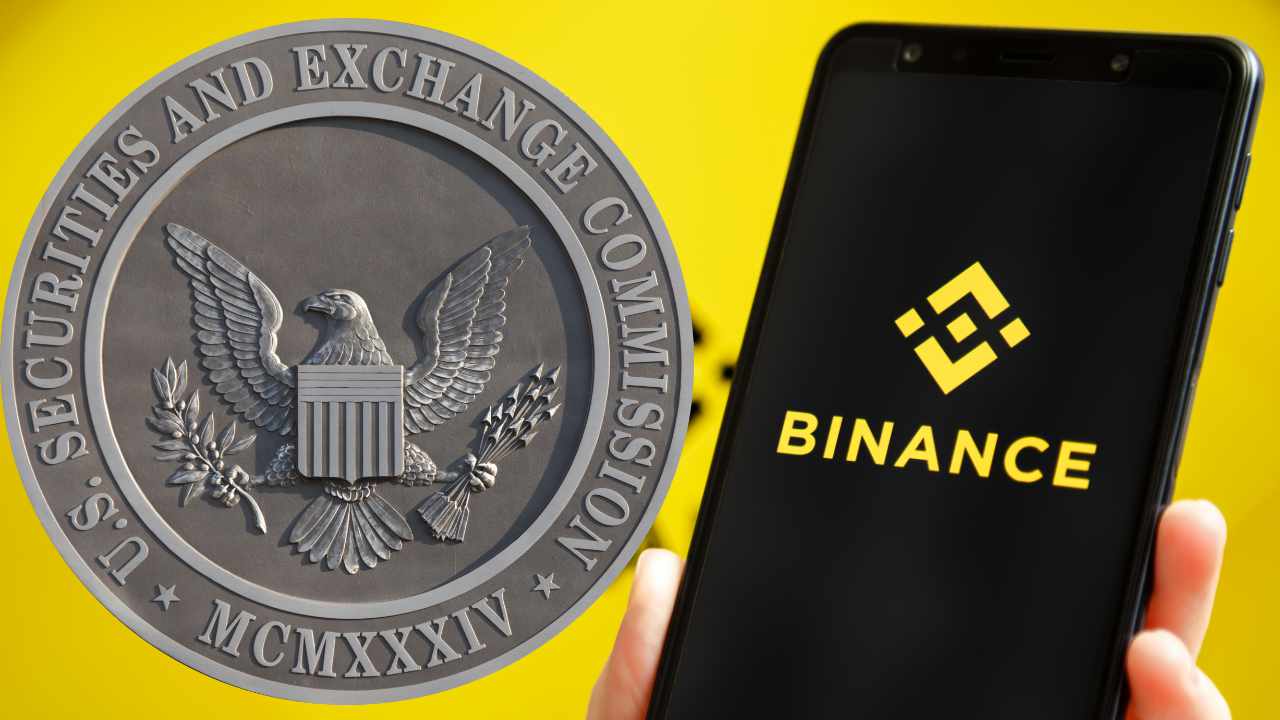In a significant development in the ongoing legal battle between Binance and the US Securities and Exchange Commission (SEC), a prominent lawyer in the cryptocurrency market known by the pseudonym MetaLawMan has shared his analysis of the recent court decision.
According to MetaLawMan, Judge Jackson's decision is largely based on Judge Torres' reasoning in the Ripple case. The judge rejected the SEC's allegations based on secondary market sales, stating that the complaint did not contain sufficient facts to support a reasonable inference that any secondary sales met the Howey test for an investment contract.
MetaLawMan highlighted the judge's criticism of the SEC's approach, stating that the SEC's theory “leaves the Court, the industry, and future buyers and sellers without a clear principle of distinction between tokens in the marketplace that are securities and tokens that are not.”
The judge also criticized the SEC for its inconsistent conduct during the hearing on the motion. The SEC seemed to be talking both ways about whether assets sold as securities retain that nature in perpetuity.
This decision strengthens Coinbase's argument that an immediate appeal of Judge Failla's decision is warranted because district courts have reached different conclusions on the fundamental question of whether digital asset tokens traded in secondary markets qualify as securities.
However, the judge allowed a number of claims based on the Binance Coin (BNB) Initial Coin Offering (ICO) and staking of Binance as a service to proceed.
Despite this, MetaLawMan believes that the SEC's decision dismissing allegations involving secondary market sales by third parties is clearly a win for the larger crypto industry.
*This is not investment advice.










